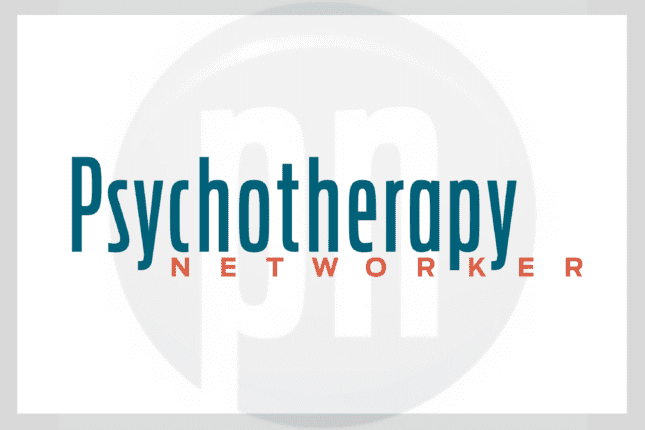While the “empty chair” was once identified as a popular Gestalt therapy technique, for many therapists today, faced with empty appointment hours and diminished clinical case-loads, it’s become a symbol of the struggles of private practice. Now a recent survey offers a clearer picture of the larger issues facing the psychotherapy profession.
In a study of 50,000 people published in the American Journal of Psychiatry examining national trends in outpatient psychotherapy use across a 10-year span (1998-2007), Mark Olfson and Steven Marcus found that just over three percent of the general U.S. population use outpatient psychotherapy services in a given year, but during that time period, clients are spending less time and money on psychotherapy. While the cost of almost everything from a cup of coffee to a gallon of gas has increased in the past decade (in 1998, gas prices were just over $1.00 per gallon!), the average expenditure for psychotherapy service declined by nearly $30.00, to an average total of $94.59 per visit. Furthermore, during the same period, the average number of visits per client dropped to just under eight sessions, and overall expenditures on psychotherapy dropped by nearly $4 billion.
At the same time, however, spending on mental healthcare on the whole has actually increased. So where’s the money going? According to Olfson and Marcus, “The distribution of mental health outpatients has shifted in recent years toward medication-only regimens and away from psychotherapy alone and combined treatment regimens.” In other words, people with mental health problems are spending more time with their pharmacists and less with their therapists.
These national trends show that medication use is increasingly becoming the sole source of mental health treatment. Olfson and Marcus suggest factors that may explain that trend: the continuing social stigma of seeking psychotherapeutic help, the easy access to psychotropic treatment (most psychiatric medications are prescribed by general practitioner physicians), and, perhaps most important, the growing influence of pharmaceutical advertising.
In contrast to the billions of advertising dollars spent by the pharmaceutical industry each year, “psychotherapy as a profession has never had a unified, active promotional campaign,” says clinical psychologist Ryan Howes, a contributing editor of the Psychotherapy Networker and a member of the planning group of The Psychotherapy Foundation. This nonprofit group organized the first annual National Psychotherapy Day this past September to “promote the profession, reduce therapy stigma, and draw attention to the needs of low-fee counseling centers.” According to Katherine Nordal, executive director of professional practice at the American Psychological Association (APA), “We get a lot of information about drug therapy from commercials and pop culture, but we hear much less about the alternatives.” As part of a new initiative to educate consumers about psychotherapy as a viable treatment option, the APA has released a series of animated videos called Psychotherapy: More Than a Quick Fix. The videos spoof drug company advertisements and are available on YouTube.
This summer, the APA approved a formal “Resolution on the Recognition of Psychotherapy Effectiveness,” disseminating the findings of more than 50 peer-reviewed studies of psychotherapy’s effectiveness for a variety of diverse patient populations. In a statement, past APA president Melba J. T. Vasquez, who led the project, said, “Every day, consumers are bombarded with ads that tout drugs as the answer to their problems. Our goal is to help consumers weigh those messages with research-based information about how psychotherapy can provide them with safe, effective, and long-lasting improvements in their mental and physical health.”
Whether these public-awareness campaigns will do enough to fill up empty chairs in therapists’ offices or not, the time has clearly come for the profession to address the larger issues of economics and public perception determining the future role of psychotherapy in the multibillion-dollar mental health marketplace.
Jared DeFife
Jared DeFife, PhD, is an Atlanta psychologist specializing in caring counseling to help passionate professionals overcome self-doubt, shame, and insecurity.













